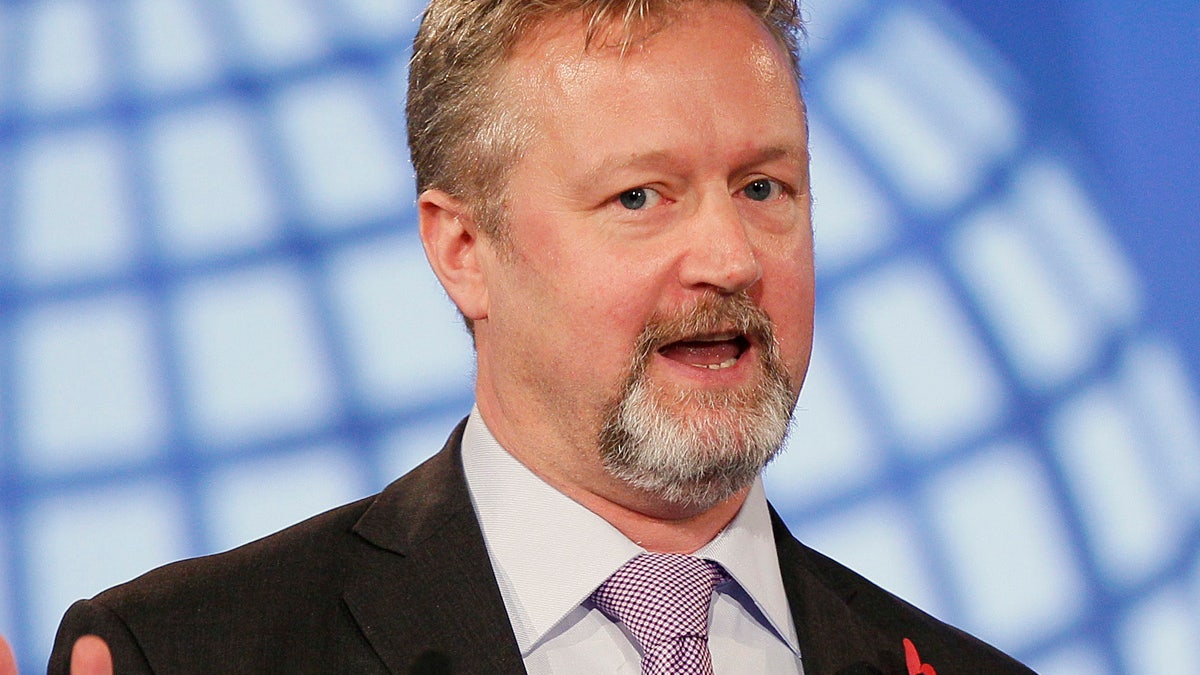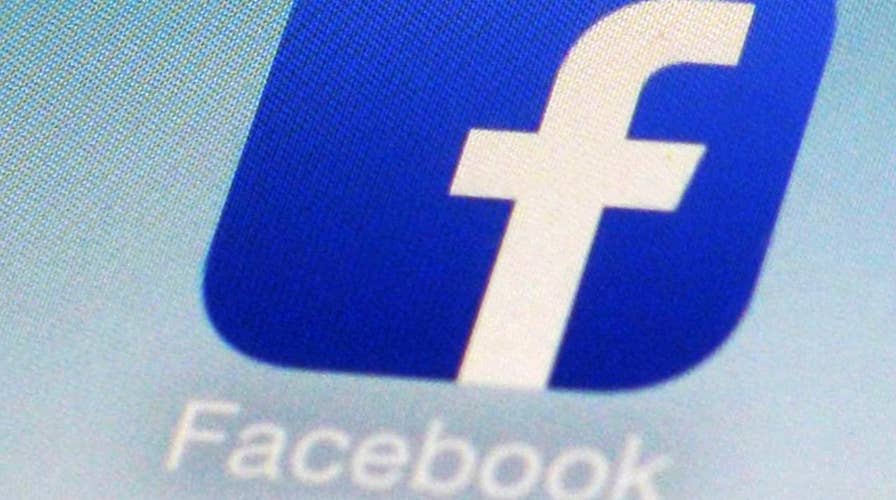UK Parliament seizes Facebook consumer privacy docs
Documents could expose what Facebook knew about the sharing of users' personal information; Greg Palkot reports from London.
One of Facebook CEO Mark Zuckerberg's biggest challenges may be from a doggedly persistent British lawmaker.
Member of Parliament Damian Collins, chairman on the influential Digital, Culture, Media and Sports Select Committee, used archaic, but forceful tactics to seize documents that could contain data about the tech giant's privacy controls along with correspondence between Zuckerberg, the tech giant's board chairman, and other top executives.
On Nov. 20, Collins sent a Parliamentary serjeant-at-arms to the hotel of a U.S. executive from Six4Three — a tech firm locked in a court battle against Facebook in America since 2015 — to compel the businessman to turn over the documents within two hours. When the executive, Six4Three's managing director Ted Kramer, failed to do so, he was escorted to parliament where he reportedly "panicked" and copied some of the documents to a USB stick that was turned over to Collins.
To send a serjeant-at-arms from the British Parliament to gather the documents was described by the BBC as a "highly unusual" tactic that hasn't been employed "in living memory." The serjeant is responsible for keeping order and maintaining security in the U.K. House of Commons, and the role dates back to 1415.
FACEBOOK'S ZUCKERBERG ISN'T STEPPING DOWN ANYTIME SOON, DESPITE WIDESPREAD CRITICISM
Six4Three developed a now-defunct app that highlighted images of women in bikinis and, after seeing its access to Facebook data restricted, filed a lawsuit in 2015 against Zuckerberg's company. Six4Three was not pleased about losing access to Facebook's data and the internal documents were provided to it as part of the disclosure process in the case, which is being litigated in California.
In a letter sent to Facebook's public policy VP in Europe, Richard Allan, and posted to Twitter late Sunday, Collins said his committee could legally publish the documents under "parliamentary privilege."
Collins also wrote: "As you know, we have asked many questions of Facebook about its policies on sharing user data with developers, how these have been enforced, and how the company identifies activity by bad actors."
"We believe that the documents we have ordered from Six4Three could contain important information about this which is of a high public interest," he continued.
In June, the British publication The Guardian was joined by CNN in filing a motion to have the documents made public.
In an emailed response to Collins from Allan, a former member of parliament, that was shared on Twitter, Allan said the Six4Three case is without merit and that it would be wrong for the U.K. to publish documents that were ordered sealed by the U.S. court. Fox News reached out to Facebook for any additional comment.
Collins, clearly frustrated with the social network, has proved willing to use every weapon in his arsenal to scrutinize Facebook's conduct on a range of issues.
70 PERCENT CHANCE THAT ELON MUSK IS MOVING TO MARS
Under fire amidst slowing user growth and a 40 percent drop in Facebook's stock price, Zuckerberg has also been criticized for refusing to testify at the DCMS Committee's Tuesday international grand committee hearing on fake news, where officials from nine different countries representing 447 million people will be present. In contrast, Zuckerberg did testify before American lawmakers back in April.
On Monday, the British committee tweeted a picture of an empty chair with a placard featuring Zuckerberg's name — an echo of the empty chair image used against Google when CEO Sundar Pichai refused to testify before U.S. lawmakers in September.

In this file photo dated Tuesday, Nov. 1, 2011, Richard Allan, Facebook's Director of Policy for Europe, gestures as he speaks in London.
Allan, sent in his boss's place and sitting next to the empty chair reserved for Zuckerberg, said the Facebook founder and board chairman had already appeared before numerous other committees this year. He acknowledged that the company has not been without blame in how it handled various scandals.
"I'm not going to disagree with you that we've damaged public trust with some of the actions we've taken," Allan said.
Allan was responding to Canadian lawmaker Charlie Angus, who said the social media giant has "lost the trust of the international community to self-police," and that lawmakers have to start looking at ways to hold the company accountable.
Last month, British regulators hit Facebook with a fine of 500,000 U.K. pounds ($644,000), the highest possible, for failing to protect the privacy of its users in the Cambridge Analytica data scandal.
The Associated Press contributed to this report.









































